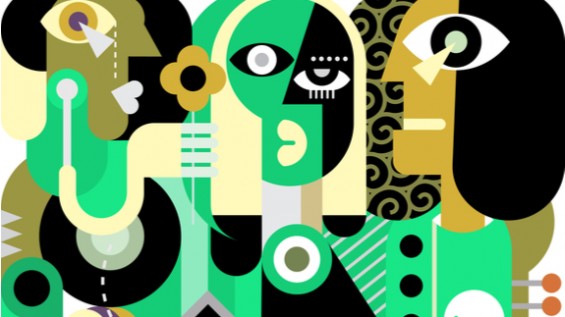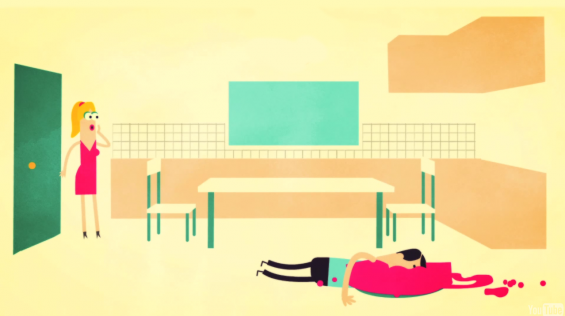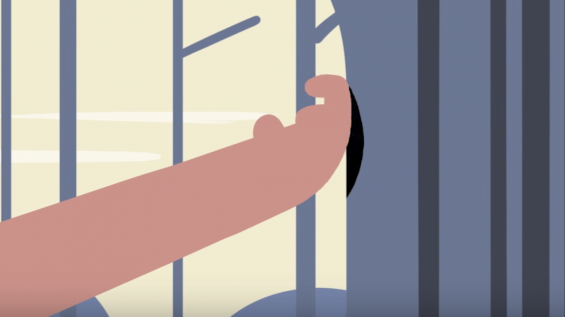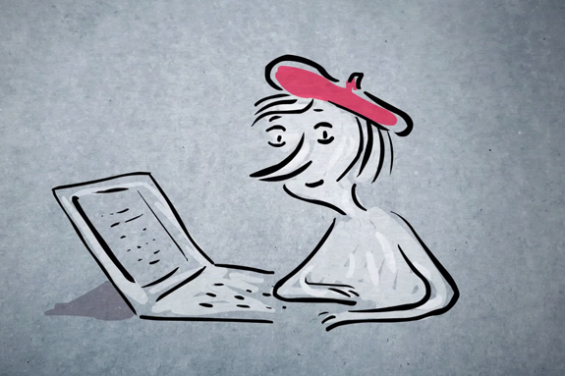
5 jobs we didn’t know existed before TEDYouth
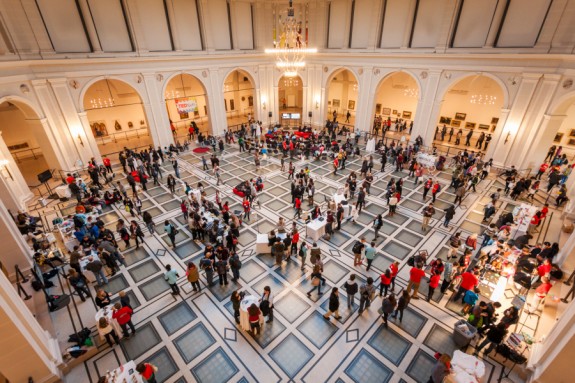
“What do you want to be when you grow up?” It’s something kids get asked a lot — and this deceptively simple question packs quite a punch. Even as an adult, it can often feel like there are too many amazing careers in the world to choose just one … and what about the ones we don’t even know exist yet? This year at TEDYouth, we encountered five speakers with occupations so unique that you would be hard-pressed to find them listed on anyone else’s business card.

Brian Dettmer is certainly an artist, but his work looks unlike anything we’ve ever seen before. Dettmer starts with a book he has sealed around the edges, then uses knives, tweezers and surgical tools to carve one page at a time, exposing each layer while cutting around ideas and images of interest. He neither implants nor relocates anything inside the books; he only removes. At the center of his magnificently carved works lies his belief that books are not just a collection of static words on a page, but an evolving organism — one that he can recontextualize in an increasingly digital age.
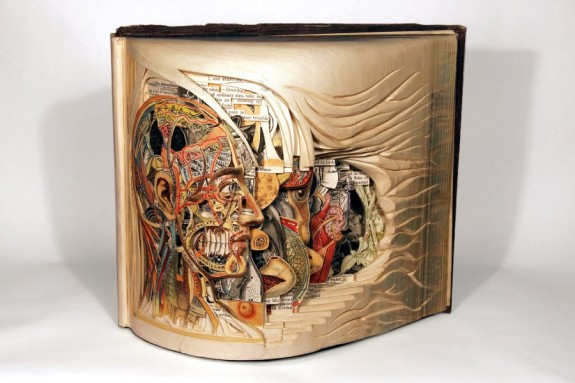
One of Brian Dettmer’s sculptures, reimagining the knowledge in books. Photo: Courtesy of Brian Dettmer

Katharina Ribbeck loves mucus so much that we’ve affectionately given her the title Mucus Maven. Ribbeck (more formally known as an MIT biochemist) spends her days researching mucus because it plays an important role in protecting our cells from infection-causing pathogens. Normal bodies generate about a gallon of mucus a day, but people who do not produce enough mucus can run into health problems. To counter this problem, Ribbeck is researching the potential of synthetic mucus called mucin, which could be used in eye drops, nose sprays, skin cream, food and more.
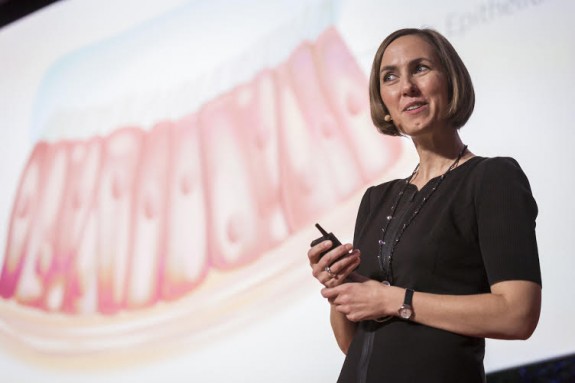
Katharina Ribbeck at TEDYouth. Photo: Ryan Lash/TED

Gil Weinberg has managed to combine his two very different passions (music and robotics) into one. This professor of music technology at Georgia Tech creates experimental musical instruments and musical robots. At TEDYouth, he showed off a prosthetic arm he built that could improvise alongside humans. If that feat weren’t impressive enough, this arm also proved capable of playing the drums at speeds impossible for humans. “We could be musical cyborgs,” he joked.
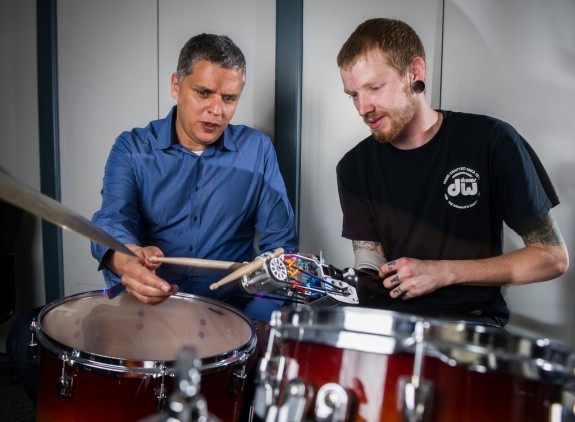
Gil Weinberg (left) and a drummer using one of Weinberg’s prosthetic limbs. Photo: Courtesy of Gil Weinberg

We have been observing and researching animals for centuries in the hopes of gaining more information about our own medicine. But while we normally look at animals that closely resemble us, Jaap de Roode suggests we turn our gaze to something smaller: monarch butterflies. While smaller-brained insects have before been discounted as too simple to offer much insight, de Roode’s research proves that monarch butterflies recognize the medicinal qualities of plants and that monarch mothers strongly prefer to lay their eggs on milkweed to reduce disease symptoms in their offspring. De Roode thinks that, some day soon, these monarch doctors might lead us to medicine to treat our own diseases.
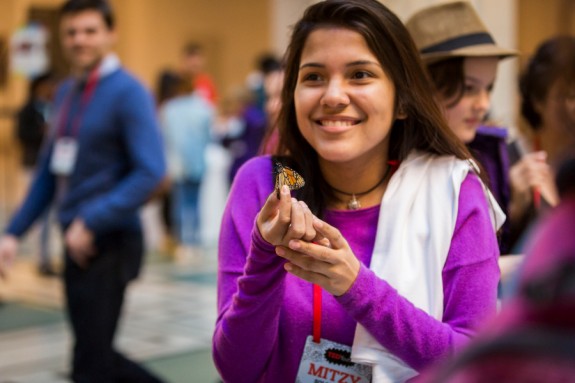
During a break at TEDYouth, an attendee meets a monarch butterfly at Jaap de Roode’s table. Photo: Ryan Lash/TED

In the most squirmy talk of the day, Mark Siddall, the self-titled “Leech Guy,” gave a crash course on his friend, the leech. As a curator at the American Museum of Natural History, Siddall sees value in studying the evolution of these highly diverse animals that have been used for a variety of useful medical endeavors (including the first ever human dialysis).
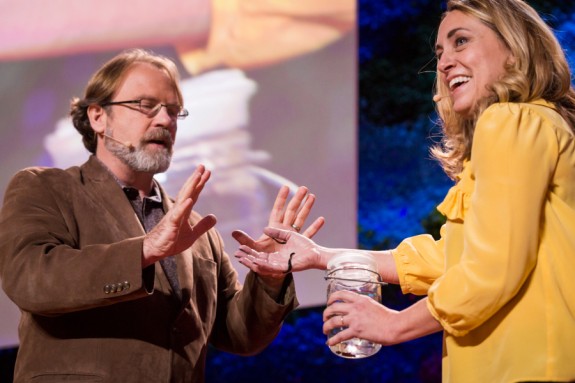
Mark Siddall shows how harmless leeches are by demonstrating on host Kelly Stoetzel. Photo: Ryan Lash/TED
